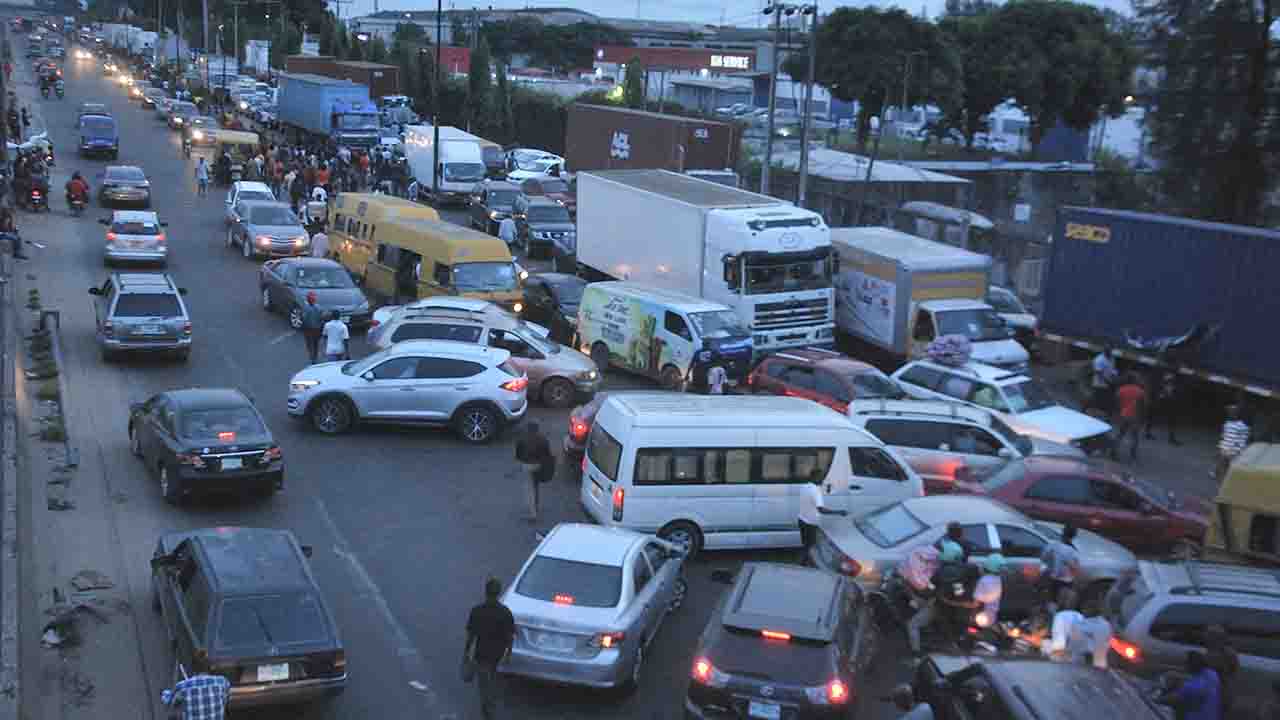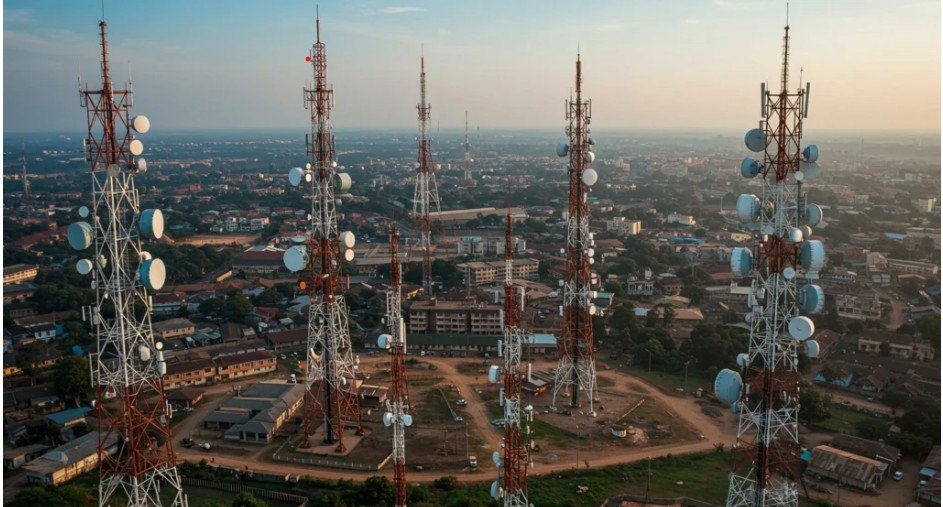
We had a road accident on the day I returned to Togo from Nairobi in December 2016. A bike rider left the designated bike lane and decided to overtake us on the wrong side. The driver of our car didn’t see him until it was too late. He collided with the side of the vehicle and flung from his bike to the road losing his front teeth.
It was a harrowing experience, especially as he was not wearing any protective gear and could have easily died. I was, however, relieved that he was on the bike alone and was not carrying any passenger as it could have been much worse. We were nevertheless surrounded instantly by dozens of other bikers who thought we were going to escape. The situation was getting out of hand until luckily; a policeman showed up.
Chaos vs. structure
Motorcycle transit in Africa is a necessary evil. The roads are appalling in most places, and they are the only type of vehicles able to go into the most remote areas. The average motorization rate globally is 180 vehicles per 1000 inhabitants, but in Africa, it is 44 people per 1000. This deficit in motorization is why motorcycles are thriving. As of 2014, there were 8 million registered commercial motorcycle riders in Nigeria.
I have said previously that the two fundamental tools that have changed Africa in the last few decades are the AK 47 assault rifle and the motorcycle. Access by bikes changed everything in our most remote areas from commerce to healthcare and even politics. The accident we had in Lome made me believe at first that these riders were chaotic and disorganized, I decided to study them to find ways in which sanity could be brought to them through training and reorientation or maybe even find a way to replace them with better alternatives.
I was appointed a board member of the healthcare startup MazaHealth, and we were funding tricycles for transporters in the remote regions of Northern Ghana at that time. The MazaHealth bikes doubled as local ambulances for pregnant women with triage done through a call center. Maza made me believe that motorcycle riders could become better organized and save lives rather than risk lives. I had not heard about Go-Jek the motorcycle startup from Indonesia at that time, and when I did, it changed everything.
Mobility-enabled commerce
Go-Jek caught my attention when they acquired Ruma, an Indonesian startup I had worked with at the Google launchpad global accelerator. Go-Jek started as a call-center company, and then they quickly became the largest motorcycle ride-hailing company in Indonesia and possibly the world. They are currently valued at $10 Billion as at April 2019 according to Techinasia.
Go-jek was founded by a Harvard Business School graduate Nadiem Makarim, who saw demand and supply gap between motorcycle riders (“Ojek” as they are called in Indonesia) and potential passengers. Bikers would ride around looking for passengers while passengers will be walking around looking for riders. He decided to build a platform powered initially by a call-center for both riders and passengers to connect.
Go-jek was so successful at doing this that it added more services, and they have almost 20 different other products accessible from one software application ranging from financial services to food delivery. They did not just build the first Indonesian unicorn; they also created what they called a “SuperApp” aggregating several services using one mobile application as the interface.
What I have learned from Go-Jek is that unlike the developed parts of the world with existing infrastructure and structured logistics players serving the needs of e-commerce companies, commerce in our part of the world is “mobility first.” Go-Jek’s super tech is the combination of the app and motorcycle as the simplest yet most effective conduit for all of its services.
While technology helps to organize and connect different players, it is the aggregate mobility (phone app+bikes) solution that is the most valuable component of the equation. Mobility from motorcycles previously transformed existing retail commerce in most developing countries, and it is now doing the same thing in digital business with the combination of software.
I visited an airtime dealer in Ghana once and saw that he had a fleet of motorcycles in his compound. I asked what he used them to do? He said that his company used them for most of the postpaid bill collections for the largest telco in the country. Without the bikes, telcos would also not have had the success of distributing prepaid airtime into hard to reach areas.
The trend now seems to be global with digital commerce successes powered by mobility, even in developed countries. One of the most successful products of the transportation behemoth Uber is the food delivery service called Uber Eats. “Mobility commerce” is now indeed a global phenomenon.
The game of colors
Most Lagosians can’t fail to notice the recent influx of bikes with riders on major roads using brightly colored helmets and vests. There is currently a race to replicate the success of Go-Jek in our local market. The local players range from original motorcycle ride-hailing companies like GOkada, XGo, SafeBoda, and others to existing logistics companies like MaxGo. The payments company Opera has also joined the fray with its service called ORide.
Go-Jek’s success was possible because they overcame Indonesia’s infrastructure shortcomings with rapid mobility deployed at scale. In Africa, the motorcycles have already made that possible for offline commerce. The jury is still out to determine if they will do the same for digital business.Nigeria is currently” ground zero” for all possible African mobility experiments. May the best riders win the game.






